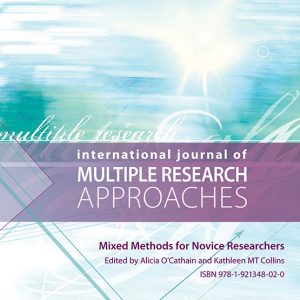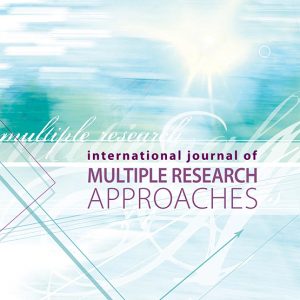3(2).4. Qualitative and quantitative research: An ecological approach
$30.00
Description
Qualitative and quantitative research: An ecological approach
CATERINA ARCIDIACONO
Professor of Community and Social Psychology, Department of Relational Sciences, University Federico II, Naples, Italy
FORTUNA PROCENTESE
Researcher, Department of Relational Sciences, University Federico II, Naples, Italy
IMMACOLATA DI NAPOLI
Psychologist, Department of Relational Sciences, University Federico II, Naples, Italy
ABSTRACT
The current article describes an investigation among young people with an ecological perspective, using a sequential mixed methods design in accordance with the Tashakkori typology (Tashakkori & Teddlie 2003). Firstly, the qualitative research considered the orientation of young people towards action in their local communities, focusing on the way they plan so as to promote personal and collective empowering actions in their local contexts. Then a quantitative investigation collected data on specific factors concerning the local context and the future planning of young people. The primary concern of the ecological approach – the theoretical perspective of this research – is to determine the possible benefits obtained by the beneficiaries of the research (Rappaport 1990). In a two-phase design (Creswell 1994), the study availed itself of qualitative methods to explore the phenomenon and understand the participants’ different constructions of their life experiences, followed by a quantitative method for the measurement and generalization of the findings based on the collection of data on large samples. The shift from one research method to the next is underlined so as to reveal its advantages in generating new ideas and the generalization of the results.
Keywords: sequential mixed method design, QUAL to QUANT, grounded theory, ecological approach, Youth-Community Action Orientation Scale


